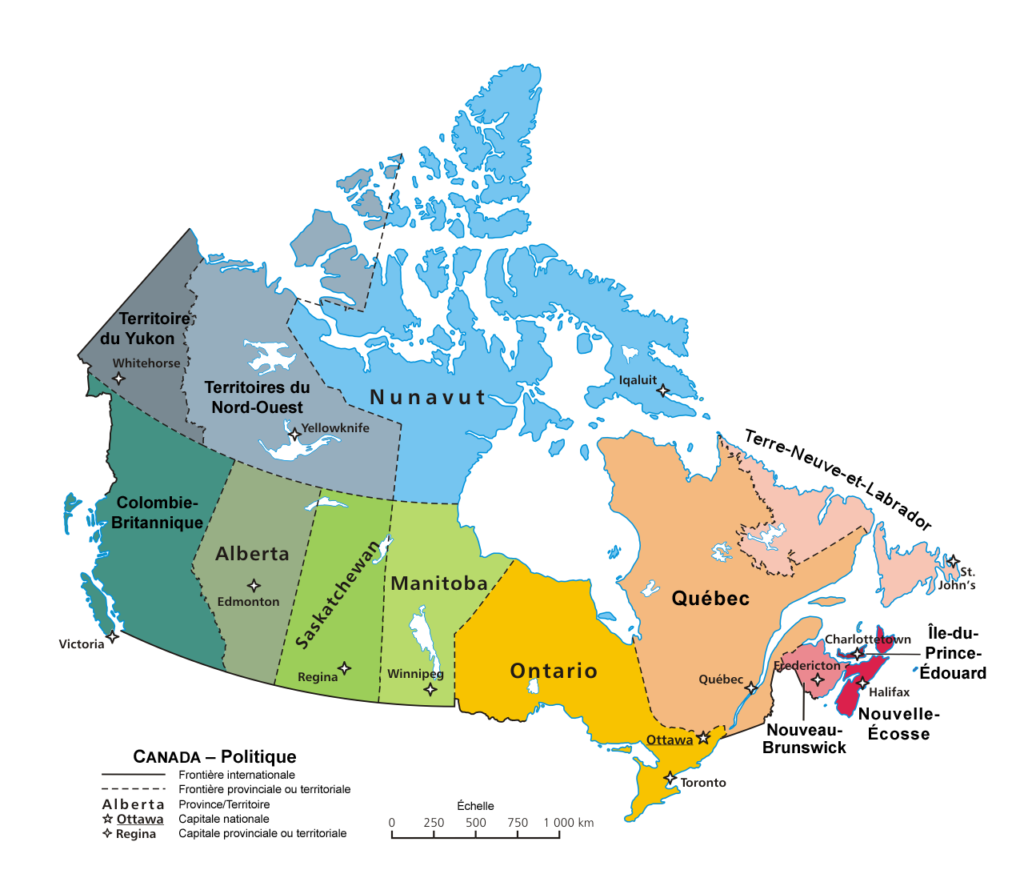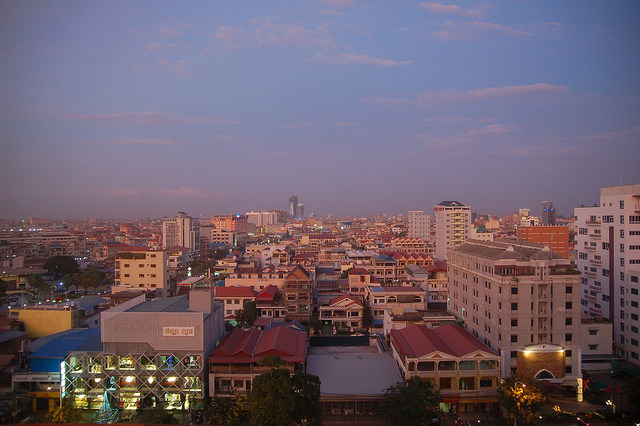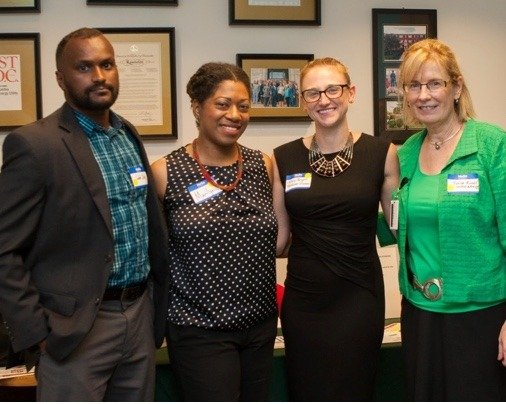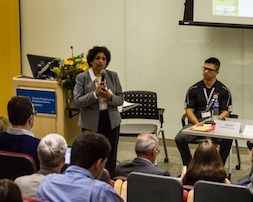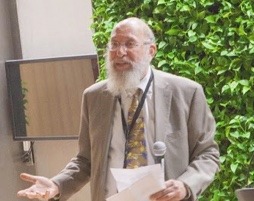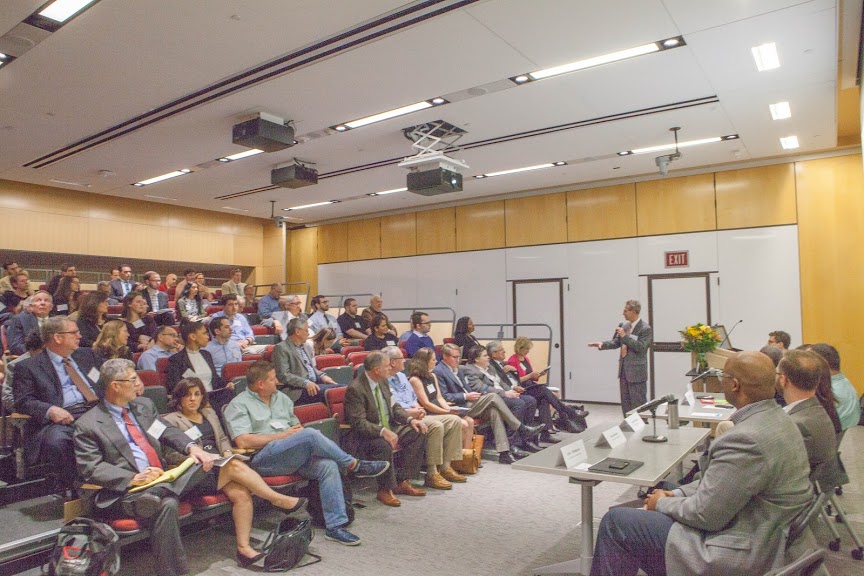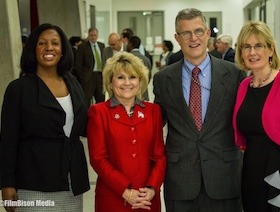Justin Trudeau, Canada’s Prime Minister, has received extensive publicity for his active stance on tackling climate change, a marked contrast to his Southern neighbor, President Donald Trump. However, the provinces and territories of this vast country have a range of specific characteristics and conditions that make it difficult to implement climate policies – and a one-size-fits-all Federal policy simply wouldn’t work. At a provincial level, for example, British Columbia is known for its pioneering carbon taxation policy, which has delivered revenue-neutral emissions reductions by putting a direct price on carbon at the point of sale and redistributing the revenue within the province. In contrast, Quebec and Ontario favour cap and trade schemes to drive down greenhouse gas emissions, a policy they have built together with states in the US, such as California, to ensure they are in synch with important trading partners. This diversity of approach in Canada is reflective of the very different economic sectors, cultures, terrains and demographics the country is home to – including the rural versus urban distribution of people across different provinces.
Energy in Cambodia: Challenges and Opportunities
The United Nations Millennium Summit in 2000 produced 8 Millennium Development Goals (MDGs), designed as a blueprint to improve the lives of the world’s poorest and most vulnerable populations. The MDG target date came and passed at the end of 2015. After analyzing the successes and shortcomings of the MDGs, the UN followed with a set of 17 Sustainable Development Goals (SDGs)—agreed to by 193 countries, including Cambodia—to replace and expand the MDGs, as well as highlight additional areas of global concern. One of these SDGs is the new goal of bringing “affordable and clean energy” to all nations. In line with this objective, Cambodia’s government has embarked on an ambitious plan to provide reliable and inexpensive energy to its entire population. Cambodia has made great strides in meeting the energy demands of its population. But what remains uncertain are the environmental and social costs of the dams and fossil fuel plants being built. But it is hard to turn down the funding and support in Cambodia’s drive to develop its lagging infrastructure. This is a dilemma faced by the poorest nations—not just Cambodia—as they look for paths to improve the lives of their people. If Cambodia is to move up the economic ladder and attract more international business investment, it needs to continue improving energy access and stability. In rural areas this may mean looking at a combination of on-grid and off-grid solutions. It also needs to protect its valuable resources and look for more sustainable approaches to energy access.
MethaneSAT: Monitoring Methane Emissions From Space
On April 11, Environmental Defense Fund (EDF) President Fred Krupp announced the organization’s plans to create and launch a new satellite to monitor and measure global methane emissions—from space. The ‘groundbreaking’ MethaneSAT plans were unveiled in a TED talk in Vancouver, BC.. The satellite will measure only emissions of methane, the powerful greenhouse gas responsible for roughly one quarter of the manmade global warming we currently experience. Methane is a particularly important cause of climate change because of its potency;while it is not as long-lasting in the atmosphere as carbon dioxide, it is “far more devastating” because it traps over 80 times more heat than carbon dioxide in the first twenty years after its release.
Clean energy professionals exchange career tips
Leaders in Energy conducted its 4th annual Green Jobs Forum and Green Career Workshop on August 17, 2017. The sold-out event, with over 100 people participating, was held at the DC Sustainable Energy Utility (DCSEU) headquarters in Washington, DC.
Are you ready to stand up for something?
Should your business take a stand on the hot issues of the day? Wondering what will happen if you do and if your business will be negatively affected? Here’s a brief overview of the annual Cone Communications CSR study along with major highlights and takeaways useful for marketers, communicators, business executives and nonprofit leaders as you make key decisions for your organization. The major takeaway is that people are no longer asking only “What do you stand for,” but also “What do you stand up for?”
Extravaganza sponsors bring innovations to college campuses
At the Energy and Sustainability Extravaganza at The George Washington University (GW) on February 24, 2017, attendees learned about what universities in the DC area are doing to reach their sustainability goals and commitments. But, as some of the panelists acknowledged, no one person, office, or even university can bring the high-level change and results alone. At some point in almost any project, whether in higher education or elsewhere, partners are needed.
Clean energy pioneer closes Energy and Sustainability Extravaganza
Capping off an exciting day at the 3rd Annual Energy and Sustainability Extravaganza at The George Washington University (GW) on February 24, 2017, there was a networking reception featuring an expert in clean energy Solutions and policy, Scott Sklar.
Campus sustainability commitments in action
As colleges and universities commit to long-term plans for campus and system-wide sustainability, energy efficiency measures, and renewable energy generation, success stories and lessons learned have emerged in some of the biggest campuses in the Washington, DC region. Campus sustainability managers gathered at the 3rd annual Energy and Sustainability Extravaganza at The George Washington University on February 24, 2017.
Government sustainability experts inspire at GW
Two sustainability leaders at the federal and municipal level participated in a Town Hall discussion at the 3rd Annual Energy and Sustainability Extravaganza on February 24, 2017 at The George Washington University in Washington, DC. The extravaganza featured a series of panels, including a CWEEL luncheon, discussion on sustainability at college campuses, presentations by vendors with sustainable solutions, and a networking reception. This article is the first in a series of articles recapping the highlights of this year’s extravaganza.
Eco-friendly growth and what it means for green jobs
There’s been no shortage of talk about eco-friendly jobs and what they mean for the economy. Opportunities are springing up in countless sectors and fields: renewable energy, technology, engineering, utilities, air pollution control, politics, construction, product distribution… the list goes on. Some believe that the rise of green industries, especially solar and wind power production, are a threat to jobs attached to the fossil fuel industry. Others hold that the rise of eco-friendly jobs can only be good for the economy and overall job growth. Home Improvement Leads explains why eco-friendly industries are growing so fast and why the rise of green-collar workers will make for a healthy, diverse, and efficient workforce.


